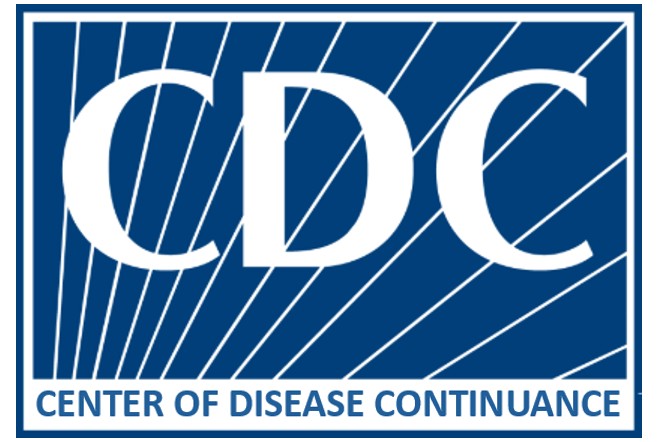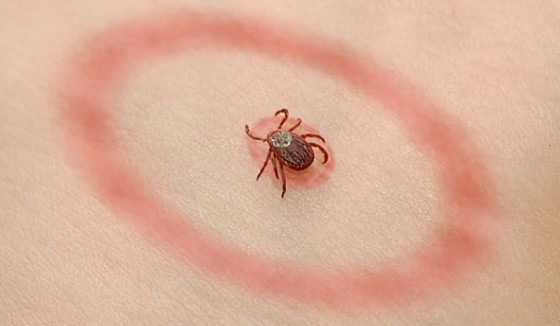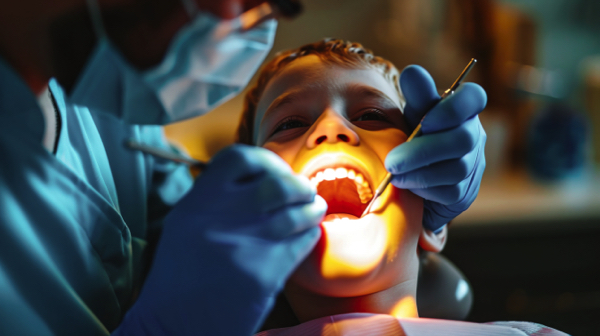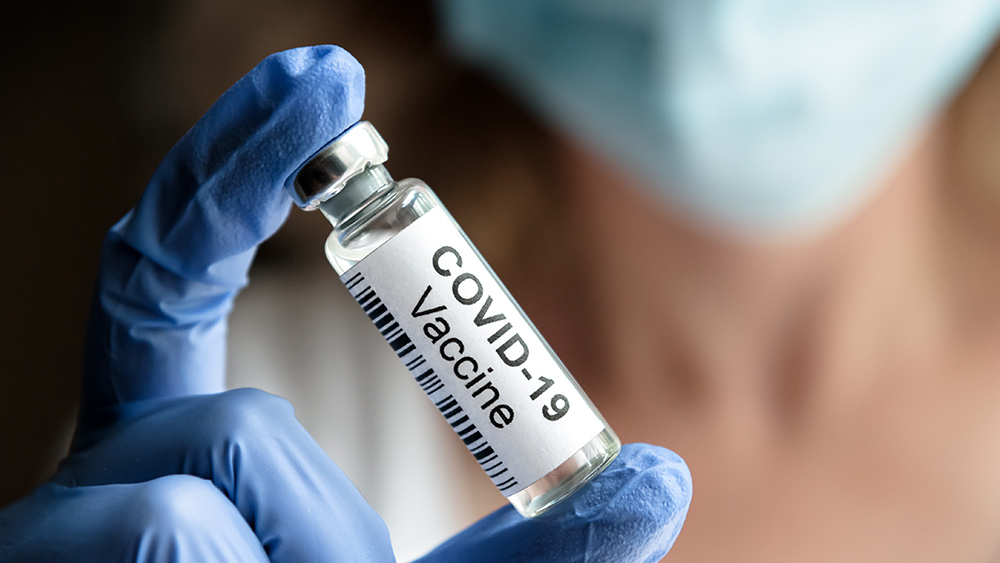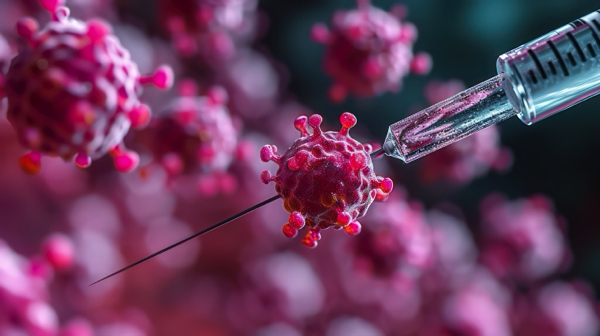AUTISM SHOCKER: Science now revealing AUTISM caused by VITAMIN DEFICIENCY and lack of good gut bacteria
08/29/2025 / By S.D. Wells

Natural health advocates around the world are well-aware of the gut-brain connection and what a vital role good gut bacteria plays in our vital system functions, including cognition, immunity to sickness, and central nervous system balance. Now, it’s coming to the surface in big media that autism is also hinged on a lack of this good gut bacteria, including fortification with proper vitamins, minerals and probiotics.
A new study from Singapore has raised concerns that a significant proportion of children with autism may be suffering from undiagnosed vitamin and mineral deficiencies, with potential consequences for their overall health and development. The research, published in the journal Nutrients, examined the diets and bloodwork of over 240 children with autism and found that nearly 40 percent were deficient in vitamin D and iron, with a further 15 percent developing iron deficiency anemia.
- High prevalence of deficiencies – A Singapore study of over 240 children found nearly 40% of autistic children were deficient in vitamin D or iron, with more than 15% of those with iron deficiency developing anemia.
- Dietary challenges in autism – Children with autism are five times more likely to be picky eaters or have food-related anxieties, which increases their risk of nutritional deficiencies and related health complications.
- Age-related patterns – Older children were more likely to develop iron deficiency anemia, while younger children often avoided it due to fortified formula milk; vitamin D deficiency risk increased with age as well.
- Health and policy implications – Experts urged routine nutrition checks for autistic children, stressing that identifying and treating deficiencies could improve overall health, while untreated deficiencies may lead to serious conditions like rickets, fatigue, or developmental issues.
Millions of Children with Autism May Suffer from Hidden Vitamin Deficiencies, New Research Suggests
It has long been documented that children with autism are five times more likely to be picky eaters compared to their peers, often avoiding unfamiliar foods and sticking to narrow dietary patterns. While this behavior has been recognized, the exact nutritional implications have remained less clear. The Singapore study provides important new evidence linking selective eating to measurable health concerns.
Researchers found that 36.5 percent of the children were deficient in vitamin D, while 37.7 percent showed iron deficiency. Moreover, older children were more likely to present with anemia, suggesting that nutritional risks may worsen over time. Interestingly, the researchers noted that among younger children, fortified formula milk may have helped protect against deficiencies. However, as children grew and shifted away from formula, the likelihood of deficiencies increased.
Health Implications of Deficiency
Vitamin D plays a vital role in bone health, immune function, and neurological development. Deficiency can lead to serious conditions such as rickets, bone pain, muscle weakness, and other long-term complications. Similarly, low iron levels may cause fatigue, headaches, shortness of breath, pale skin, and impaired cognitive development. In more severe cases, iron deficiency progresses to anemia, reducing the body’s ability to transport oxygen effectively.
The researchers stressed that identifying and treating these deficiencies could significantly improve health outcomes for children with autism. They urged healthcare systems to consider routine nutritional screening for autistic children, noting that early intervention could help prevent serious complications.
Wider Autism Trends
The findings come against a backdrop of rising autism diagnoses worldwide. In England, one study reported a staggering 787 percent increase in autism diagnoses over the past 20 years. According to NHS data, nearly 130,000 children under 18 were awaiting autism assessments in December 2024—up from just 20,000 in 2019. Experts warn the system is under immense pressure, leaving many children without timely support or therapy.
Complicating matters further, U.S. research recently suggested that autism in girls is often overlooked due to milder or subtler symptoms, leading to delayed diagnoses and missed opportunities for early intervention.
While autism is a lifelong neurological condition that exists on a spectrum and is not caused by nutritional deficiencies, this new research highlights how poor diet and hidden deficiencies can worsen health outcomes for affected children. The Singapore team acknowledged limitations to their study, including its relatively small size and reliance on families who were already concerned about diet. Nevertheless, they argue that their findings warrant serious attention.
Routine monitoring of vitamin D and iron levels in children with autism may be a simple but powerful step toward safeguarding their physical well-being and supporting their development, ensuring that nutritional challenges do not compound the difficulties already faced by families navigating autism care.
Bookmark Vaccines.news to your favorite independent websites for updates on good gut bacteria healing disorders like autism, IBS, brain fog and dopamine down regulation syndrome.
Sources for this article include:
Submit a correction >>
Tagged Under:
autism, autism cause, autism gut, brain function, Cures, gut health, gut-brain, healing, mental, mind body science, minerals, natural health, natural medicine, nutrients, prevention, probiotics, remedies, vaccine injury, vaccine violence, vitamins
This article may contain statements that reflect the opinion of the author




